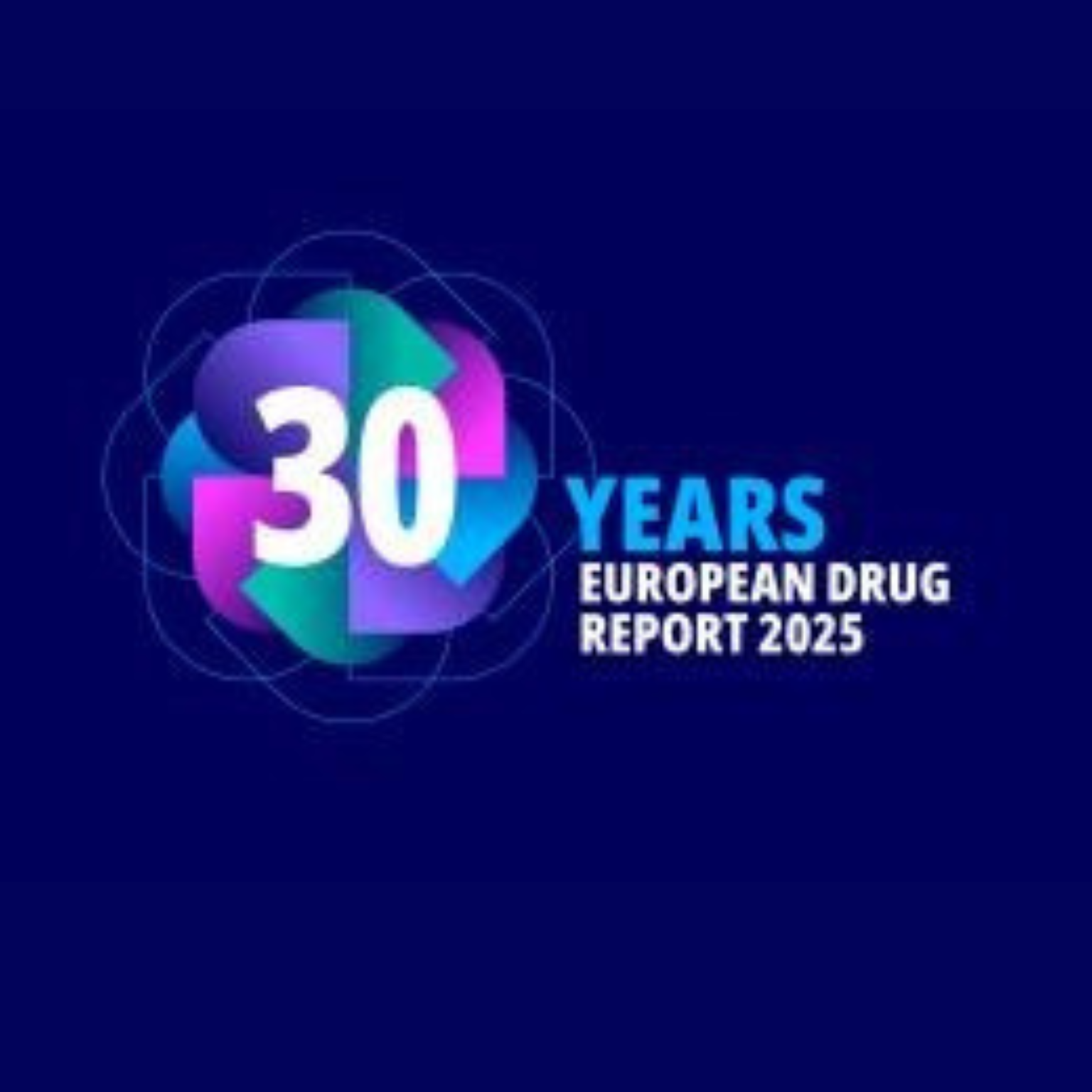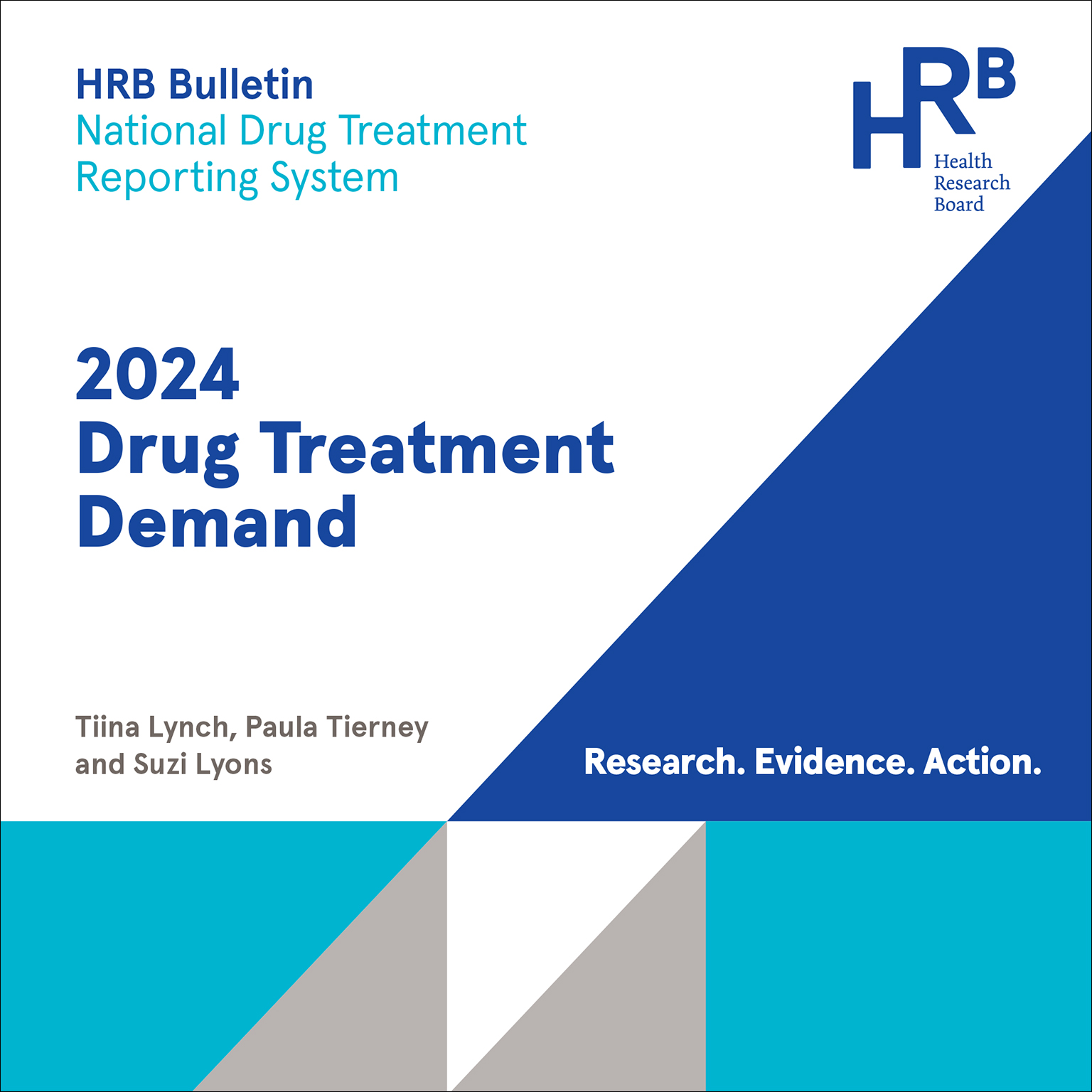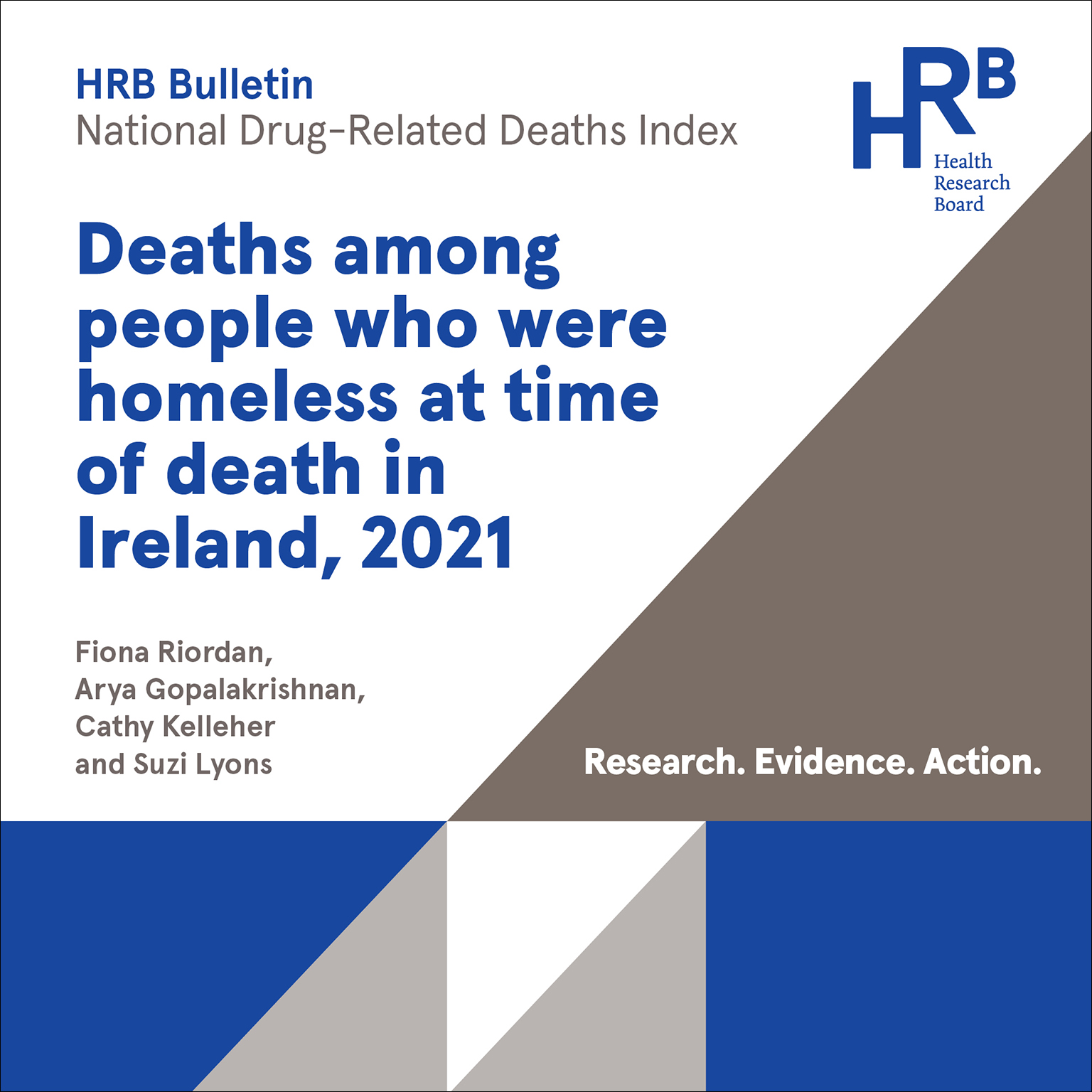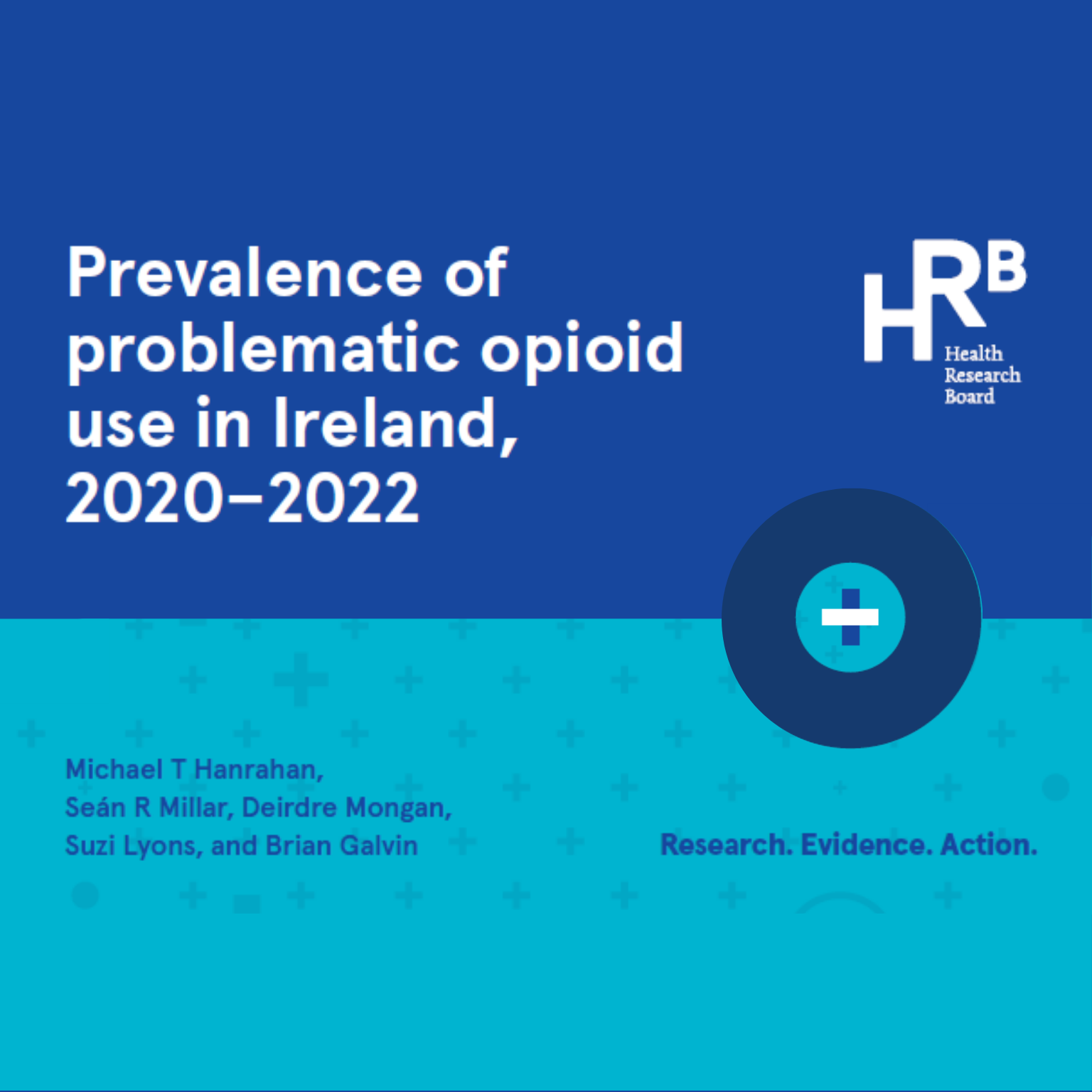Blood transfusions in critically ill patients – ‘freshest’ blood not necessarily the best
A new clinical trial called TRANSFUSE, has found the age of transfused blood cells did not impact patient survival rates among critically ill adults. The findings end speculation that fresher blood may be superior for critically ill patients. The study, funded in Ireland by the Health Research Board also found fewer transfusion reactions, including fever, with the older blood; and in the most severely ill patients, the transfusion of older blood was associated with fewer deaths’. The trial involved 4,919 patients, at 59 centres in five countries, including Ireland. The findings are published today in the New England Journal of Medicine.
3 min read - 27 Sep 2017
Professor Alistair Nichol, Chair of Critical Care Medicine in UCD and Consultant Invensivist in St Vincent’s University Hospital who led the Irish arm of the trial, said
‘The findings of our trial confirm that the current duration of storage of red blood cells for transfusion is both safe and optimal. In fact, older blood appears to be like a good red wine, in that, it’s a little better with some age’.
Routine practice in most hospitals is to allocate the oldest available compatible blood. Concerns regarding changes in the red blood cells for transfusion during storage, have led some doctors to request fresher blood for specific patients and influenced some blood transfusion services to change their blood storage practices under the belief the ‘fresh must be best’.
Professor Nichols added,
‘These findings will save money and lives. Blood banks around the world will not need to change systems and storage practices in the mistaken belief that fresher blood is better for critically ill patients’.
In the research, 2457 patients were randomly assigned ‘young blood’, which had been in storage an average of 11 days. 2,462 patients were randomly assigned ‘older blood’ which had been in storage for 22 days. The teams then measured a range of clinical outcomes (see Notes for editors) to assess the impact that the blood age had on patients.
‘Dr Stephen Field, Medical and Scientific Director of the Irish Blood Transfusion Service, who provided support to the trail commented,
‘Irish participation in this study shows that the findings are applicable to practices here. This study confirms that our current practice and protocols are consistent with the best evidence available. This will help increase available blood stocks and collection processes remain cost effective and do not require any change’.
Dr Mairead O’Driscoll, Interim Chief Executive at the Health Research Board said,
‘This is a powerful demonstration of how research can directly inform clinical practice, improve patient outcomes and minimise costs. It’s also great to see that the Health Research Board’s investment in Irish clinical research capacity has facilitated Irish participation in an international study which is likely to have a global impact’.
The Irish arm of the study was coordinated by the Irish Critical Care Clinical Trials Network and supported by the Irish Critical Care- Clinical Trials Group. In Ireland St Vincent’s University Hospital, St James Hospital, Beaumont Hospital, Galway University Hospital, Cork university Hospital, Limerick university Hospital intensive care units participated.
Ends
For further information, contact:
Brian Cummins, HRB, t +01 2345136, m +085 8879313, e bcummins@hrb.ie
Notes for editors
The TRANSFUSE (Standard Issue Transfusion versus Fresher Red-Cell Use in Intensive Care) trail was conducted from November 2012 to December 2016. It involved 59 hospital intensive care units in five countries; Australia, New Zealand, Ireland, Finland and Saudi Arabia.
The primary outcome assessed was 90-day all-cause mortality. Secondary outcomes included, among others:
- 28-day mortality;
- persistent organ dysfunction or death at 28-days;
- days alive and free of mechanical ventilation at day 28;
- days alive and free of renal replacement therapy at day 28;
- new bloodstream infection in the Intensive Care Unit.
The Australian National Health and Medical Research Council, Australian Red Cross Blood Service, Health Research Council of New Zealand, and the Health Research Board in Ireland funded the trial. The Australian and Finish Red Cross Blood Services, New Zealand Blood Service, Irish Blood Transfusion service and the Blood Bank of King Abdulaziz Medical City, Riyadh, Saudi Arabia provided support.
3 min read - 27 Sep 2017



